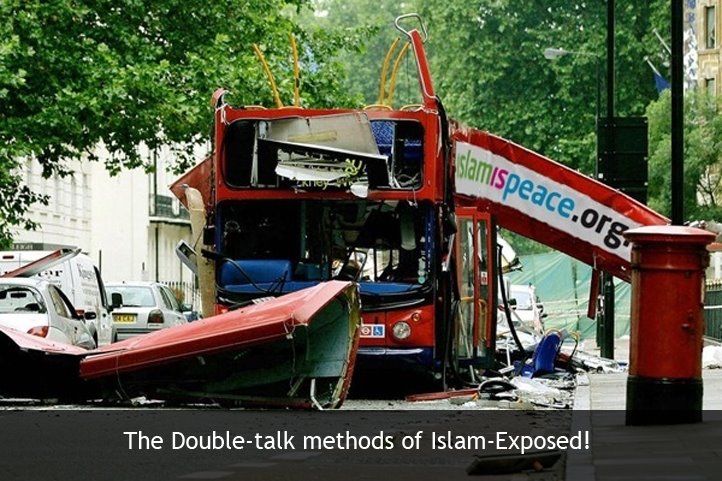 Half a million people a year were spied on by the Government, police and other public organisations last year according to an official report, as surveillance figures show shocking increase, showing one in 78 people has been spied on.
Half a million people a year were spied on by the Government, police and other public organisations last year according to an official report, as surveillance figures show shocking increase, showing one in 78 people has been spied on.Having read the report, I am not surprised, just infuriated that my hard earned taxes and my compliance with all the impositions placed upon me, are spent in this underhand way.
The shocking extent to which the Government, police and other public organisations snoop on members of the public was revealed by figures published by Sir Paul Kennedy, the interception of communications commissioner (ICC).
These revealed that around one in 78 adults is spied on each year and last year alone a total of 504,073 surveillance requests to phone and internet companies were made under the Regulation of Investigatory Powers Act (RIPA). This is a 44 per cent rise in requests over the past two years.
RIPA was put in place to give authorities access to communications data, such as emails and telephone calls, in order to help fight terrorism and organised crime. Although the law does not allow authorities access to the content of messages or calls they can request data such as the sender, recipient or time.
The figures from the ICC's annual report are a vivid reminder of the warnings given in November 2006 by Richard Thomas, who retired as Information Commissioner in June. He said the UK was "sleepwalking into a surveillance state".
Chris Huhne, Liberal Democrat home affairs spokesman said: "The sheer numbers are daunting. It cannot be a justified response to the problems we face in this country that the state is spying on half a million people a year."
Although the majority of requests were made by the police and security services, local councils have been accused of using the powers for trivial matters; including spying on people for littering and dog fouling.
The report showed that more than 1,500 requests for communications data were made by local authorities. Sir Paul however defended local authorities use of this law saying it could help them investigate crimes.
We are aware of the need for national security, and in tracking the movements of the 7/7 bombers surveillance film was vital, but using cameras to enforce parking restrictions and using surveillance film as evidence to secure fines or raw revenue in inherently immoral.
Furthermore some local authorities have been caught out using sophisticated surveillance methods to spy, as mentioned, on dog owners whose dog is fouling the street, and on people, such as parents who have applied for over-subscribed schools for their children, with another person's address, (Normally a close friend or relative), and justifying it with statements such as "the ends justified the means".
Well is does not!
Finally, to what extent is LiLaC abusing this information to track movements and correspondence of it's political enemy, The British National Party?
And what privacy does that information receive?
When The British National Party comes to power, the abuse of these local powers will cease. I agree there is a need for some surveillance, but surveillance just for the sake of surveillance is not a valid reason.








 Bribery, Corruption and Fraud at the BBC - Stop paying your TV Licence fee NOW!
Bribery, Corruption and Fraud at the BBC - Stop paying your TV Licence fee NOW! It's all a big LIB/LAB/CON
It's all a big LIB/LAB/CON


















































 WHYLINK....
WHYLINK....



